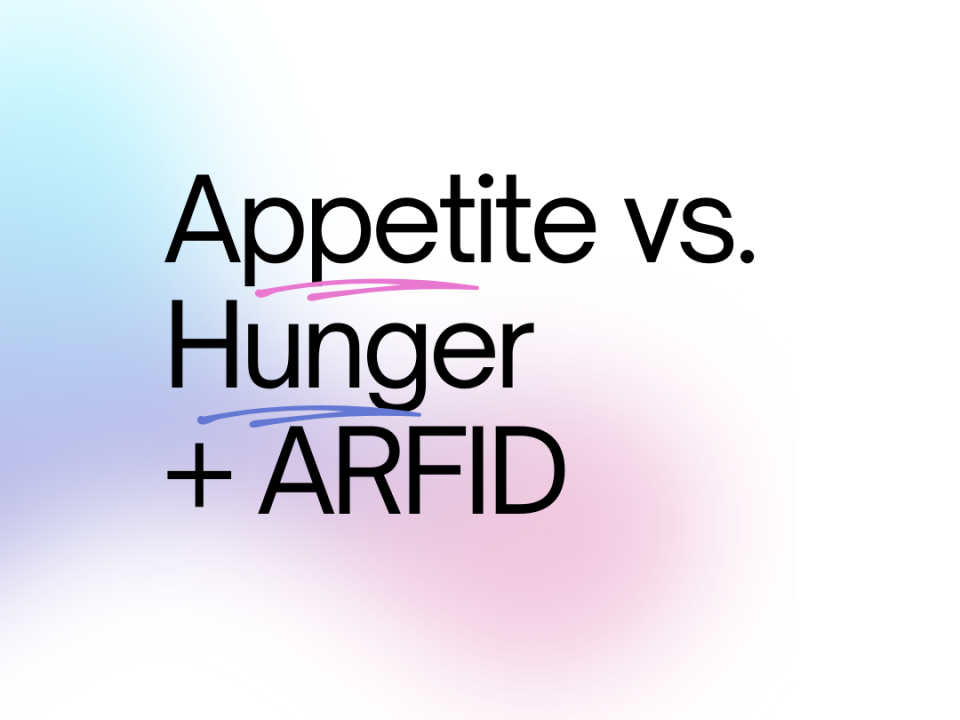5 Ways to Support Someone with ARFID: “The 5 A’s”

Felt Safety: The Foundation of ARFID Support
June 24, 2024
ARFID Holiday Gift Ideas!
December 13, 2024Avoidant/Restrictive Food Intake Disorder, or ARFID, is a complex eating disorder and eating disability that goes beyond just “picky eating.” It’s marked by an intense avoidance of certain foods, often due to sensory sensitivities, anxiety around food, or lack of interest in food. For friends, family members, and caregivers, supporting someone with ARFID means creating a space where they feel safe, understood, and empowered. Here are five essential ways you can help support someone with ARFID through affirmation, acceptance, accommodation, advocacy, and autonomy.
1. Affirm Their Experiences
One of the most impactful ways you can support someone with ARFID is simply to affirm their experiences. People with ARFID often encounter misunderstandings, such as being labeled as “picky” or “difficult.” By affirming their feelings and acknowledging the reality of their challenges, you show that you see and respect their journey. This might look like saying, “I understand that eating certain foods can feel really overwhelming,” or “It makes sense that you have certain foods you feel safer eating.”
Affirming their experiences helps build trust and lays the foundation for a supportive relationship. This approach can significantly reduce the shame and frustration they may feel and create a safe environment for them to explore food and eating experiences at their own pace.
2. Accept Their Eating Differences
Acceptance means embracing their unique approach to food without judgment. People with ARFID often have specific preferences and sensitivities, from avoiding certain foods and textures to needing particular settings to feel comfortable eating. These differences are essential to their sense of safety and well-being around food.
Respecting their eating differences may require flexibility and patience. For example, if a friend or family member with ARFID declines a certain dish, avoid urging them to “just try a bite.” This kind of pressure can increase their anxiety and strain the trust they have in you. Instead, focus on ways to enjoy mealtime together in a way that works for both of you, even if they’re eating different foods or following different routines. Accepting their eating differences helps normalize their experience and creates a supportive atmosphere where they feel understood and included
3. Accommodate Their Needs
For people with ARFID, accommodations can make a world of difference in helping them feel comfortable around food and eating. Accommodations can be formal, like allowing alternative meal options in group settings, or informal, like understanding that they might not finish a meal or need to feel safe in their environment and body to be able to eat.
Here are some simple ways to accommodate someone with ARFID:
- Have safe foods on hand: If you’re hosting, ask if there’s something specific they’d like to have available.
- Plan meals with flexibility: Choose restaurants with diverse menus or plan meals that allow everyone to choose their own foods.
- Create a non-pressuring atmosphere: Avoid commenting on anything related to their food choices or eating behaviors; this helps reduce stress and allows them to eat in a way that feels safe.
- Adjust the eating environment: remove overwhelming sensory input or include sensory input that helps them feel comfortable to eat.
Accommodations can help those with ARFID improve their felt safety and increase their ability to access eating.
4. Advocate for Their Needs
Advocating for someone with ARFID can be powerful, especially in group settings or environments outside of the home where they may not feel comfortable expressing their needs. Advocacy can mean speaking up to family members, explaining to others about ARFID, or even supporting them in navigating food-related situations.
For example, if you’re dining out with a group and the person with ARFID prefers a specific restaurant, you can advocate by suggesting that location or explaining the importance of having safe food options available. Advocating might also look like informing others that pressuring or questioning their food choices is not helpful, fostering an atmosphere of respect and understanding.
Being an advocate doesn’t mean speaking over them but rather amplifying their needs and supporting their comfort, especially when they might find it difficult to do so on their own.
5. Provide Autonomy
Perhaps one of the most critical ways to support someone with ARFID is by allowing them the autonomy to make their own food choices. Many people with ARFID feel a sense of control and safety by having autonomy in their food choices and environments. By honoring their autonomy, you help them feel respected and empowered in their journey.
Ways to encourage autonomy include:
- Offering choices without pressure: Instead of suggesting they “just try” something new, you can offer choices and let them make the decision.
- Giving them space to explore at their own pace: If they’re working on expanding their food options, allow them to explore new foods in a low-pressure way.
- Listening to their preferences and honoring them: If they voice a desire to avoid certain foods or settings, respect their wishes without questioning or judgment.
Autonomy reinforces their control over their own eating experiences, which is especially important for individuals who feel vulnerable or anxious around food. When they have autonomy, they’re more likely to feel safe and to progress in their own time.
Supporting someone with ARFID means going beyond traditional concepts of “helping” by providing them with affirmation, acceptance, accommodation, advocacy, and autonomy. This approach not only empowers them but also strengthens your relationship, offering them a safe and understanding ally in their journey with food. Each step you take toward a more compassionate, informed, and flexible approach can make a lasting positive impact on their sense of well-being and confidence in navigating food and eating experiences.
Looking for additional support with your loved one with ARFID? Join our ARFID Caregiver Community or book a 1-1 session




